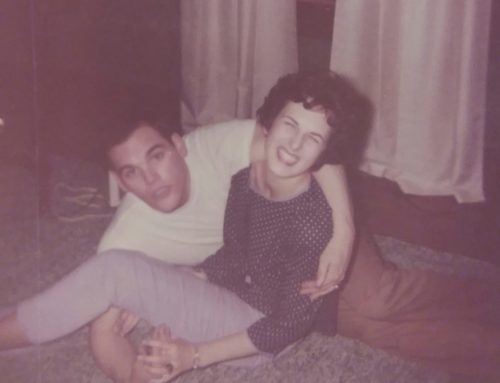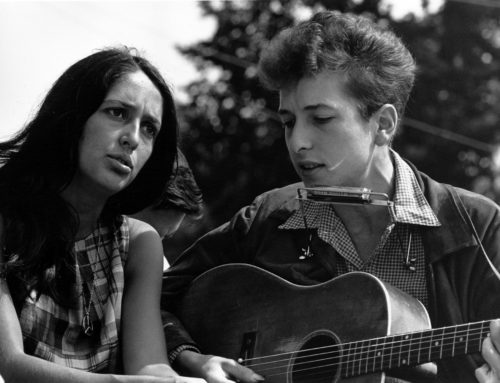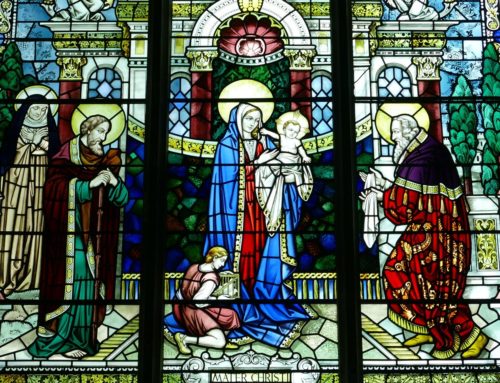Heal us, Emmanuel, here we are
We wait to feel Thy touch;
Deep wounded souls to Thee repair,
And Savior, we are such.Our faith is feeble, we confess
We faintly trust Thy Word;
But wilt Thou pity us the less?
Be that far from Thee, Lord!Remember him who once applied
With trembling for relief
“Lord, I believe,” with tears he cried;
“O help my unbelief!”She, too, who touched Thee in the press
And healing virtue stole,
Was answered, “Daughter, go in peace;
Thy faith has made thee whole.”Concealed amid the gathering throng,
She would have shunned Thy view;
And if her faith was firm and strong,
Had strong misgivings too.Like her, with hopes and fears we come
To touch Thee if we may;
O send us not despairing home;
Send none unhealed away.
Poet and hymn writer William Cowper (1731-1800) was a man of deep longing that greatly affected his mind as well as his spirit. In his thirties, while battling some political factions in his work, he was afflicted with “madness” (as it was then called called) and admitted to Nathaniel Cotton’s Collegium Insanorum at St. Albans. He recovered and moved to the town of Olney in 1768 where he co-authored a book of hymns with the well-respected pastor and hymn-writer John Newton (who wrote “Amazing Grace”).
But all was not well. One biographic source tells it this way –
In 1773, Cowper became engaged to Mary Unwin, but he suffered another attack of madness. He had terrible nightmares, believing that God [had] rejected him. Cowper would never again enter a church or say a prayer. When he recovered his health, he kept busy by gardening, carpentry, and keeping animals. In spite of periods of acute depression, Cowper’s twenty-six years in Olney and later at Weston Underwood were marked by great achievement as poet, hymn-writer, and letter-writer.
Certainly, Cowper continued to fight back despair and may well have stepped aside from public prayer and worship, but the depth of his prayer life and relationship to God in Christ is abundantly evident in hymns that live on through the ages.
Which brings me back to the theme of longing. The longing expressed in this hymn, and also in Cowper’s life, is not evidence of a lack of faith. In fact, faith prompts us to recognize that all is not right within us, among us, or around us. Our faith, though feeble, keeps us crying out in prayer for our children who are hurting, for our bodies that need healing, for our world that is on the brink of collapse.
We come to God not only with “positive thoughts”, but with hopes and fears – hoping for the best, yet fearing the worst and humbly requesting that the Great Healer would touch us, would send not of us away unhealed.
(for an inspiring reflection on the life of William Cowper, link to “Insanity and Spiritual Songs in the Soul of a Saint” by John Piper)







